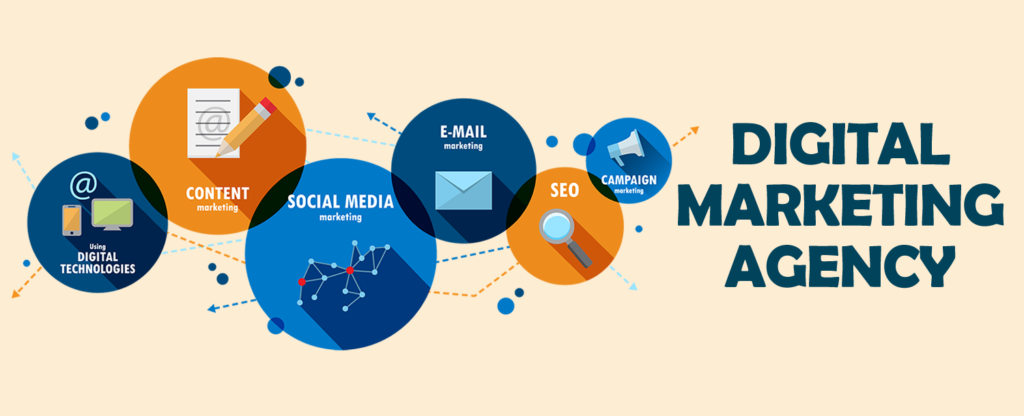SEO means Search Engine Optimization. It is the process used to optimize a website’s technical configuration; content relevance; and link popularity so its pages can become easily findable; more relevant and popular towards user search queries; and as a consequence; search engines rank them better.
Always people wonder why their business website is not ranking in the first page. Meanwhile they are ignoring Google algorithms and SEM assets.
SEO or search engine optimization, is a very wide field, actually even doesn’t have limits. Several factors may affect your SEO ranking, we will elaborate them all in this blog article.

The Organic SEO
The organic SEO is a tree. Several fertilizers help it grow. As a result, it refers to obtaining a natural placement and getting results that are done through various proven strategies; such as optimizing the web page by writing high-quality and highly-relevant content; boosting keywords, incorporating meta tags, and backlinking.
Organic search engine optimization (organic SEO); refers to the methods used to obtain a high placement (or ranking) on a search engine results page in unpaid; algorithm-driven results on a given search engine. Methods such as boosting keywords, backlinking and writing high-quality content can all improve a site’s page rank.

How Organic SEO could be achieved?
- Optimizing the Web page with relevant content
- Spreading links pointing to the content
- Incorporating metatags and other types of tag attributes
Elements of organic SEO
1- Keywords:
The primary part of SEO. Keywords are words and phrases that customers use to locate online material, and that companies may use to interact with customers seeking for their products and services.
When conducting keyword research, we should look for keywords with high search rates and low competition, as well as short-tail keywords (like cars), long-tail keywords (like cars for sale), and local keywords (like cars for sale in Dubai) to incorporate into your content. You should have secondary and tertiary keywords. In addition to your primary or seed keyword since they will still be useful to your firm. Finally, optimize all of your titles, URLs, and other on-page SEO components with keywords.
2- Content:
Because content is the vehicle you use to reach and engage people, it’s an important aspect of SEO. It’s critical to understand your viewpoint and create content that suits.
For example, if you ran a car rental agency and wanted to boost your visibility, you might write a series of blogs about cars, cars selection, cars advice, and other topics. When someone searching for knowledge on cars did a search, your blog would come up, and you’d be able to create a relationship with that individual by offering useful information. When that prospect needed to rent a car, for example, the idea is that you’d be the first agency that sprang to mind.

3- Off-Page SEO
External optimization tactics that take place outside of your site rather than on it are referred to as off-page SEO.
Backlink building is the most common off-page SEO approach. Since excellent backlinks from other websites inform search engines that your site is important and high-quality, which helps to develop authority. Backlink building may take various forms. And some of the current best strategies include guest blogging, developing a large number of widely shared infographics, and incorporating influencer marketing into your content.
4- Local SEO
As more people use mobile devices to search, local SEO is becoming increasingly vital. Mobile devices now account for 60% of all searches, with roughly half of those queries having a local purpose.
So, if you run a restaurant, local SEO will ensure that people in your neighborhood will find your website while searching for the top eateries in town. Other local SEO recommended practices include claiming directory listings, building location-specific pages for your site, and developing pages for your business on Google My Business local directories and Google Maps.
5- Search Engine Marketing
Paid marketing activities such as native advertisements, Google AdWords, social media ads, pay-per-click (PPC), Google shopping ads, display ads, and more are referred to as Search Engine Marketing (SEM).
Although search engine marketing (SEM) isn’t necessarily a big part of a complete SEO plan, it has its place because it may help you reach new and highly targeted audiences. You may also combine your SEO and SEM efforts.
SEM Examples:
- Paid and targeted campaigns
- Keyword based copy that specifically relates to your business or product
- Performance indicators such as click-through-rates (CTR) and cost-per-click (CPC)

How do SEO Boost your Business?
- Visibility and Rankings
Increased visibility, or making it simpler for prospects to find you when they search for anything you have to offer. It is one of the most crucial tasks of SEO. Your rating is directly proportional to your visibility.
It’s critical to improve your organic page ranking since the higher you rank on a search engine result page (SERP), the more likely prospects will discover you and click through to your site. The more successful your SEO efforts are, the higher your position and visibility will be, which is especially essential given that a quarter of online visitors never get past the first SERP.

2. Web Traffic
One of the primary aims of SEO is to increase online traffic, and you may improve traffic by increasing visibility and ranks. Consider this: the top place on a Google search receives roughly 32% of clicks, and going up just one slot in search results may raise CTR by an incredible 30.8 percent.
For many marketers, the ‘Featured Snippet,’ often known as position #0 since it shows above the first ranking URL. This is often information pulled from a landing page on a blog that answers a subject people are searching for and may significantly increase your organic click-through rate.
So, if you want more people to visit your website via a search engine, you must optimize it.

3. Authority
Page Authority (PA) is becoming increasingly crucial to search engines as it is to online users. Simply said, authority implies that your website is reliable, of high quality, relevant, and has something to offer.
Scores vary from 1 to 100, with the higher your number indicating greater authority for your site. You can determine your PA rating using tools like MOZ. And while it’s tough to change, many SEO professionals feel it has something to do with link profile – acquiring external links from reliable and well-visited sites.
4. Better Visitor experience
Another reason SEO is important is that all of the work you spend into creating outstanding content and on-page SEO optimization increases your site’s usability. This results in a smooth and good client experience.
For example, taking measures to make your site responsive will make it useful for all of your mobile users as well as those who visit from a laptop or desktop computer. Similarly, boosting your page load speed can lower your bounce rate (the percentage of visitors to a particular website who navigate away from the site after viewing only one page), and encourage users to stay on your site longer. Consumers demand a website to load as rapidly as possible, with a time limit of no more than three seconds! The longer the load time, the greater the bounce rate will increase.

Importance of Working with a Trusted Digital Agency
Creating an organic SEO strategy; or any other type of digital marketing campaign. It is a difficult task because it need experience and in-depth understanding. If you want the best for your website’s SEO ranking or if you want to expand your digital advertising methods, you must obtain organic SEO services from a reliable agency. Al Ahmar Advertising is a reputable brand when it comes to the digital world where it provides results and understands the client’s demands. To generate high-quality, market-qualified leads via their three main services: Pay-Per-Click, SEO, and Inbound Marketing and other marketing methods, ask for a quotation.



